Wasn’t online dating meant to make the world a (slightly) better place – or at least make finding love (or hookups) easier?
Since Tinder, owned by Match Group, became the highest grossing mobile app in 2019, it is only becoming clearer that the ‘gamified’ world of online dating can often come with a whole host of baggage.
Can we trust all dating apps?
It’s been almost two years since GDPR came into effect, and dating apps are still repeatedly selling personal data to advertisers. A recent Norwegian study examined 10 apps, only to find they collectively transmitted data to at least 135 different third-parties involved in advertising and behavioural profiling. This exposes users to potential manipulation, discrimination, fraud, and is in many cases illegal.
For example, OkCupid, also owned by Match Group Inc., had shared personal data regarding its users sexuality, drug use and political views with analytics company Braze.
We’ve reported multiple times on this theme over the past few years. Apps such as Grindr leaking user locations, threesome-focused 3Fun leaking more than 1.5 million users’ data, and Jack’d leaving personal pictures exposed online.
In more recent news, 70,000 Tinder photos – along with usernames – were found to have been leaked onto a cybercrime forum. This has in the past led to the abusive usage of people’s information in catfishing or blackmail scams.
Just this week in Kansas, police are investigating a dating app scam whereby the suspects are impersonating police officers for money. “Male suspects pretending to be police officers and the female’s father will then call the victim telling them the woman is underage and that they need to send them money.”
Dating companies are aware of many of their collective shortcomings, however. We previously reported one hopeful example that detected online dating scams: it discovered that up to 93% of accounts were scammers and fake in the 15,000 cases it analyzed. This month The Washington Post reported that an AI technology company is selling computer-generated faces to dating apps to diversify its advertising for little cost. This does nothing to help genuine diversity, by not paying people of colour to model.
The high cost of dating
Online dating has, over the years, worked out how to eke out as much money as it can from its users. In 2015, Match.com launched ‘Tinder Plus’, costing users up to $20 a month for profile boosts, undo swipes, infinite super likes and overseas matching – all to increase your chances of finding a match. In 2017, ‘Tinder Gold’ was introduced. For $30 per month, you can boost your way into the ‘top picks’ and instantly see who likes you so you can start chatting. This isn’t a model exclusive to Tinder by any means.
Dating (you know, real life, leaving-the-house- dating) can be an expensive experience, sometimes with little return on investment. Adding significant costs to actually getting those dates in the first place doesn’t really help things much.
New dating app, Free.Date is going with an entirely free dating service, which draws revenue only from ads. How long it will stick with this model remains to be seen though. However, there’s no shortage in people paying for premium features and subscriptions. In August 2019, Match said that a whopping 70 percent of its users at some point subscribed to ‘Tinder Gold’.
Controversially, however, The Federal Trade Commission sued Match Group back in September, alleging that “Match.com conned people into paying for subscriptions via messages the company knew were from scammers.”
Safety is paramount
The safety and wellbeing of dating app users has continuously come under threat. Grindr made a conscious effort to resolve this with its #KindrGrindr campaign after users exposed the rife racism, transphobia, femphobia and fatphobia, and other hatred that was commonplace on the app.
Bumble – a dating app that puts women in control of interactions – was created by Whitney Wolfe Herd after she left Tinder, filing a lawsuit for alleged sexual harassment in 2014 Last year, Bumble introduced an AI feature that detects unsolicited dick pics.
Other apps, like Plum and Once, try to resolve the issue of harassment with a ranking system. The collective measures in place across the industry haven’t exactly stopped the reports of people being stalked, raped and murdered after dates arranged via dating apps.
Not all doom and gloom
Considering the amount of problems that seem to come with dating apps, there are evidently positives – as the rapid growth of the market would suggest, particularly among same-sex couples.
Depending on your motive for using a dating app – hookups, relationships or friends – there are more niche apps that attempt to avoid swipe culture; Hinge “the app designed to be deleted” or Lex, which is looking for its potential solution in the form of a personal ads-style interface for the queer community. For the kink community, dating apps such as Waves can be great for finding sexually compatible partners.
A 2019 Stanford University study found that 40% of heterosexual relationships in the U.S. began on dating apps. Remarkably, same-sex couples are even more likely to meet via a dating app, as it greatly expands the pool of potential partners. Just as other apps offer a wider choice for romance – like Loosid for sober daters, and Lumen for over-50s – there can definitely be some positives to online dating.
It’s 2020 and online dating is a hot mess in a lot of ways. Then again, relationships can be too.

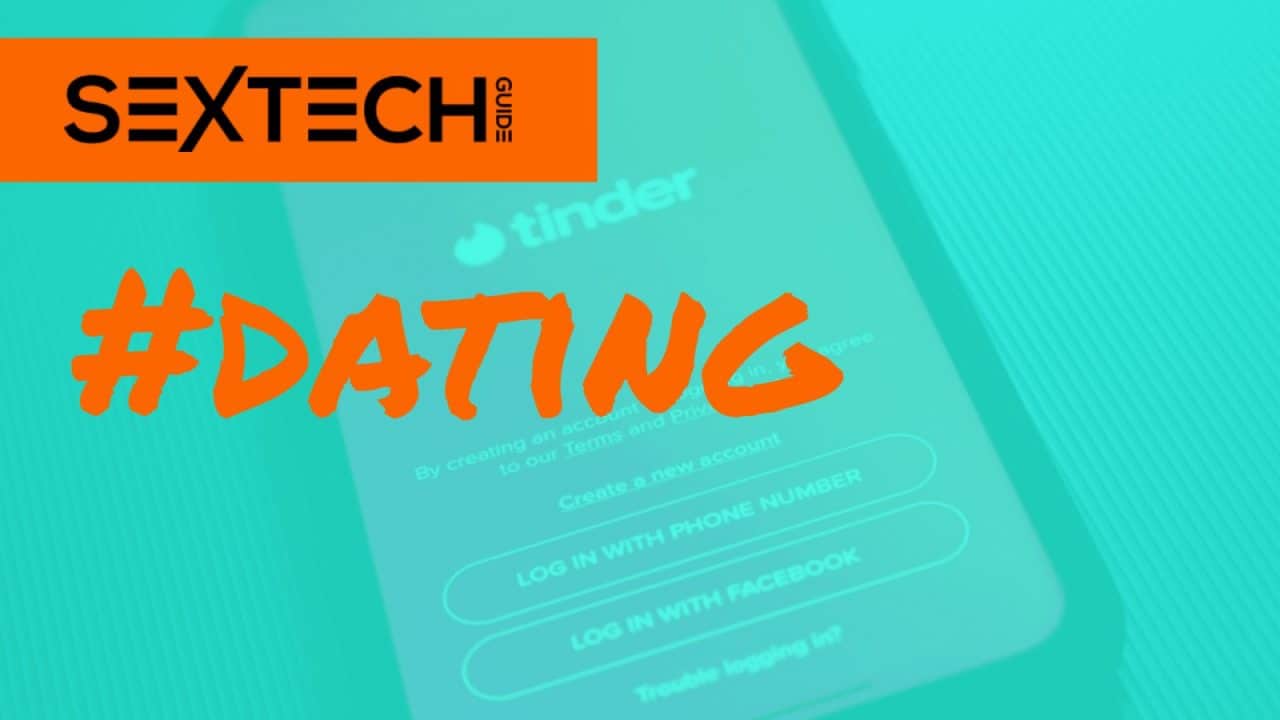
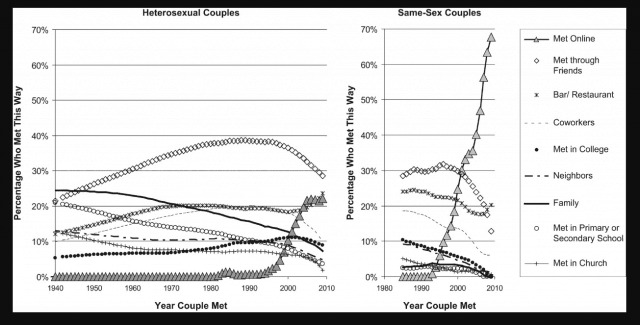
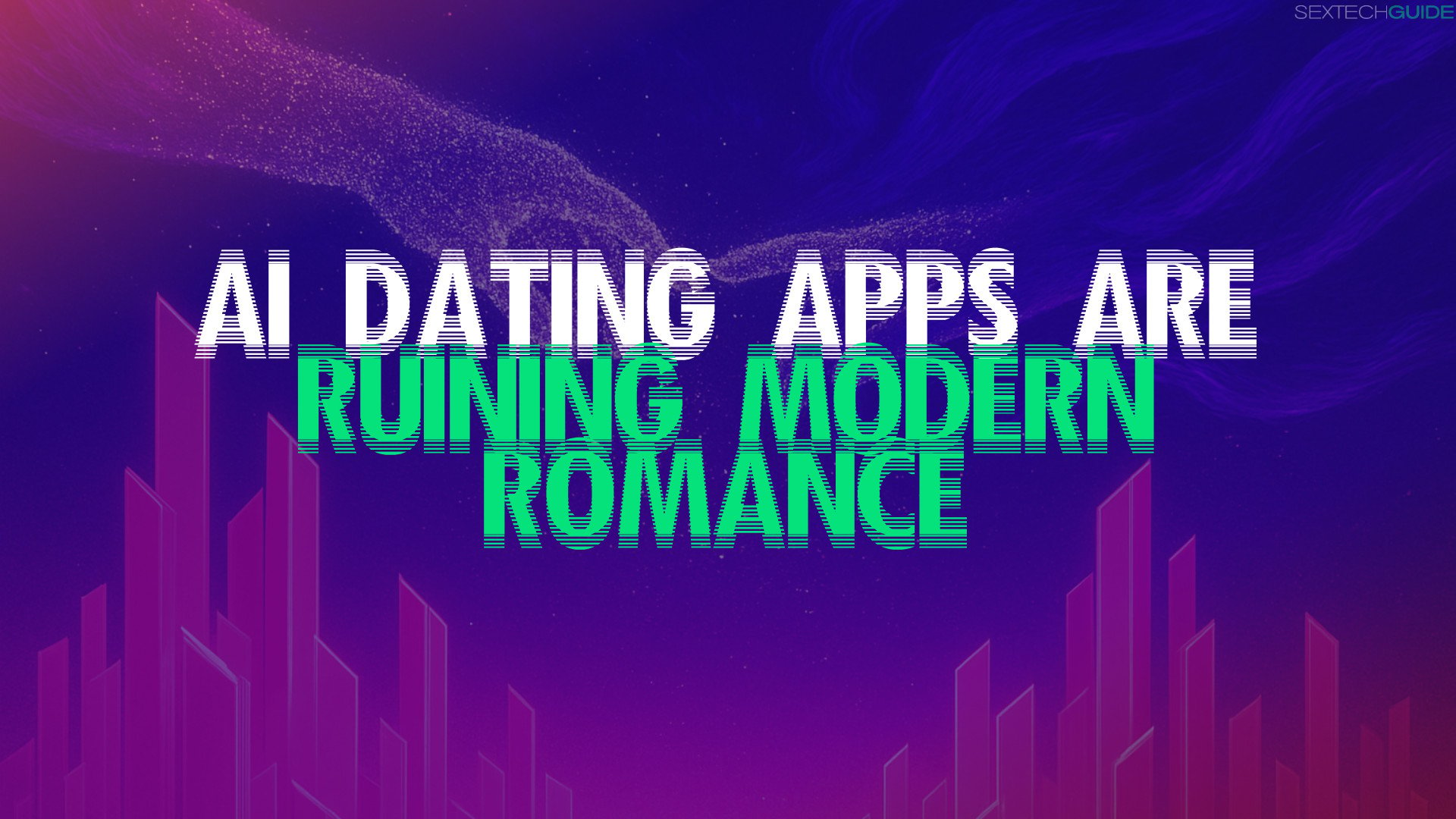
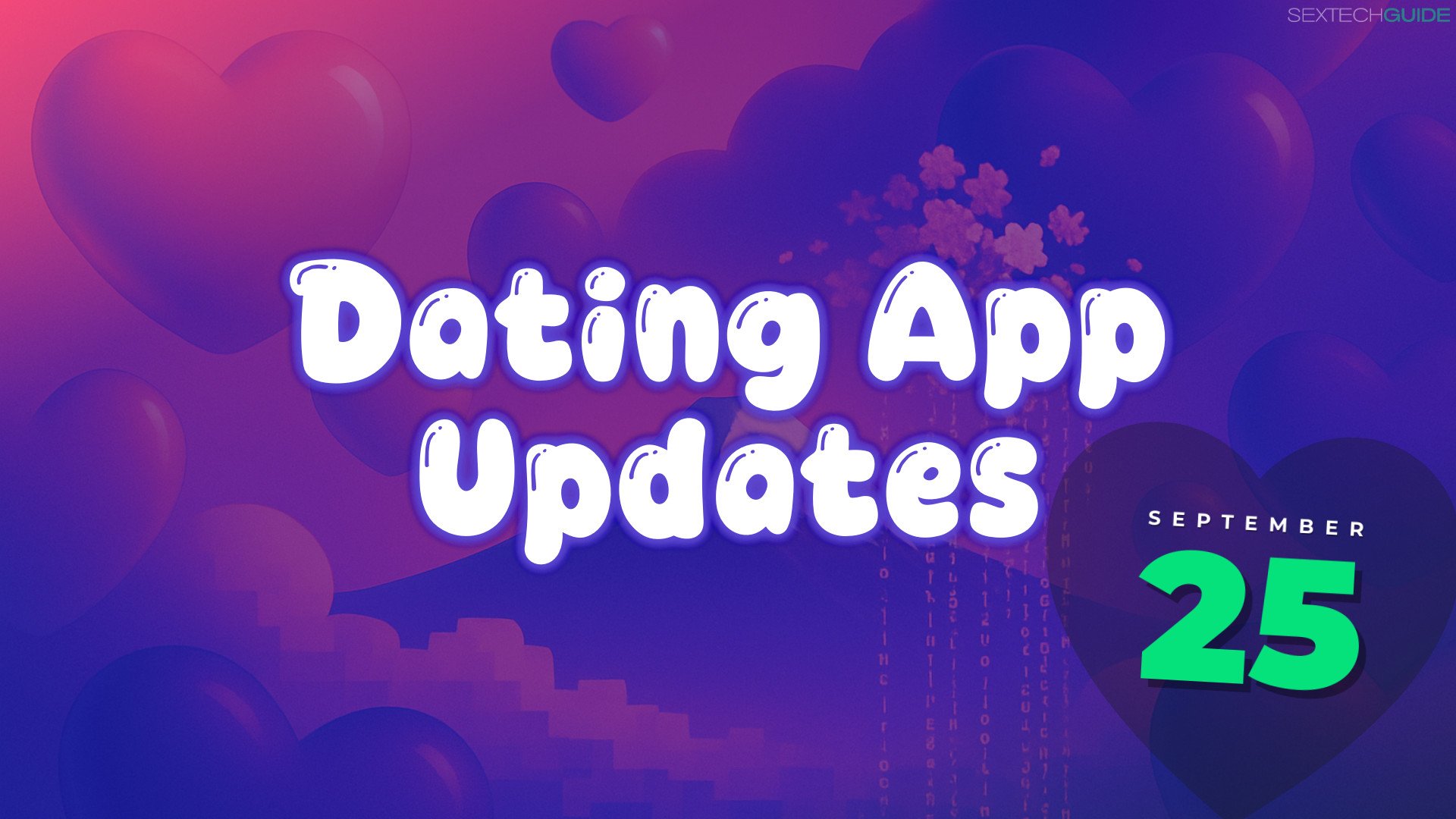

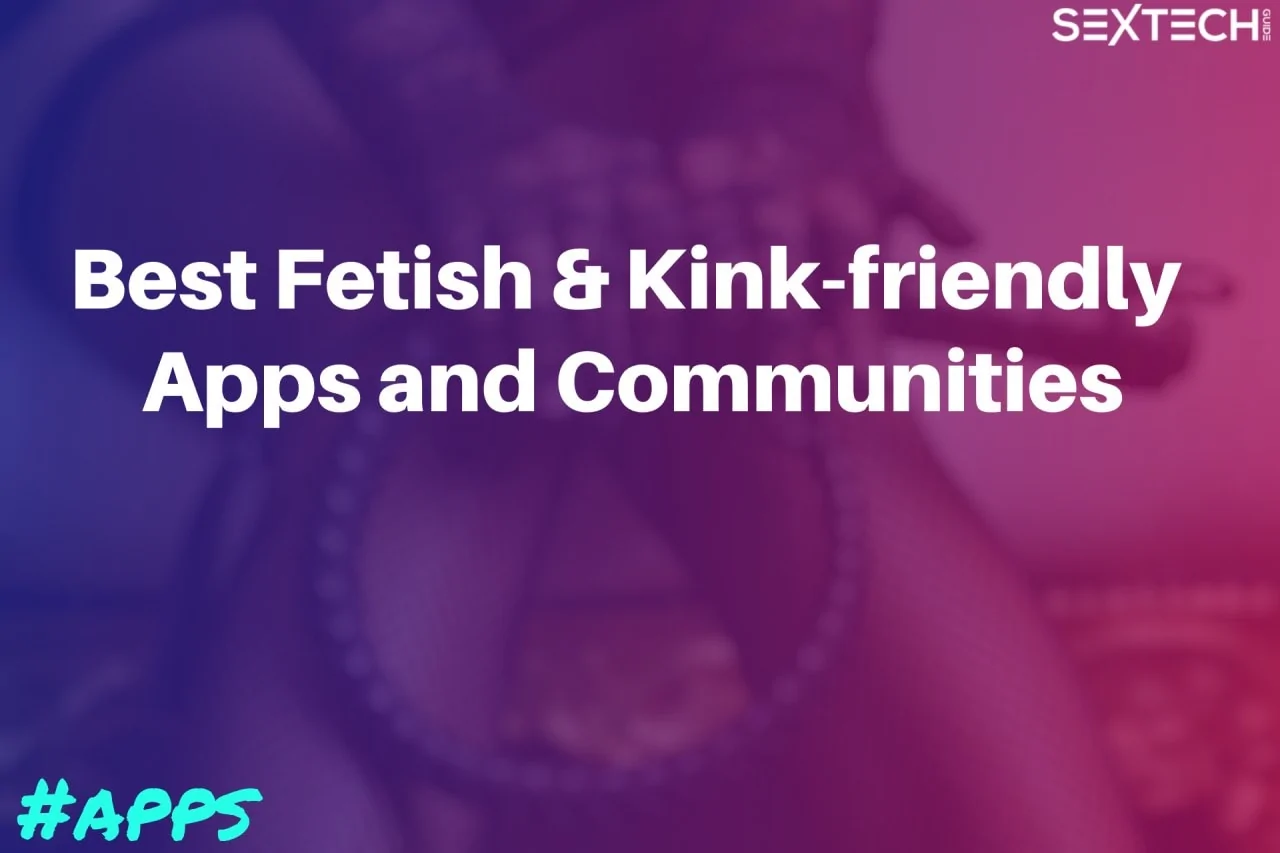
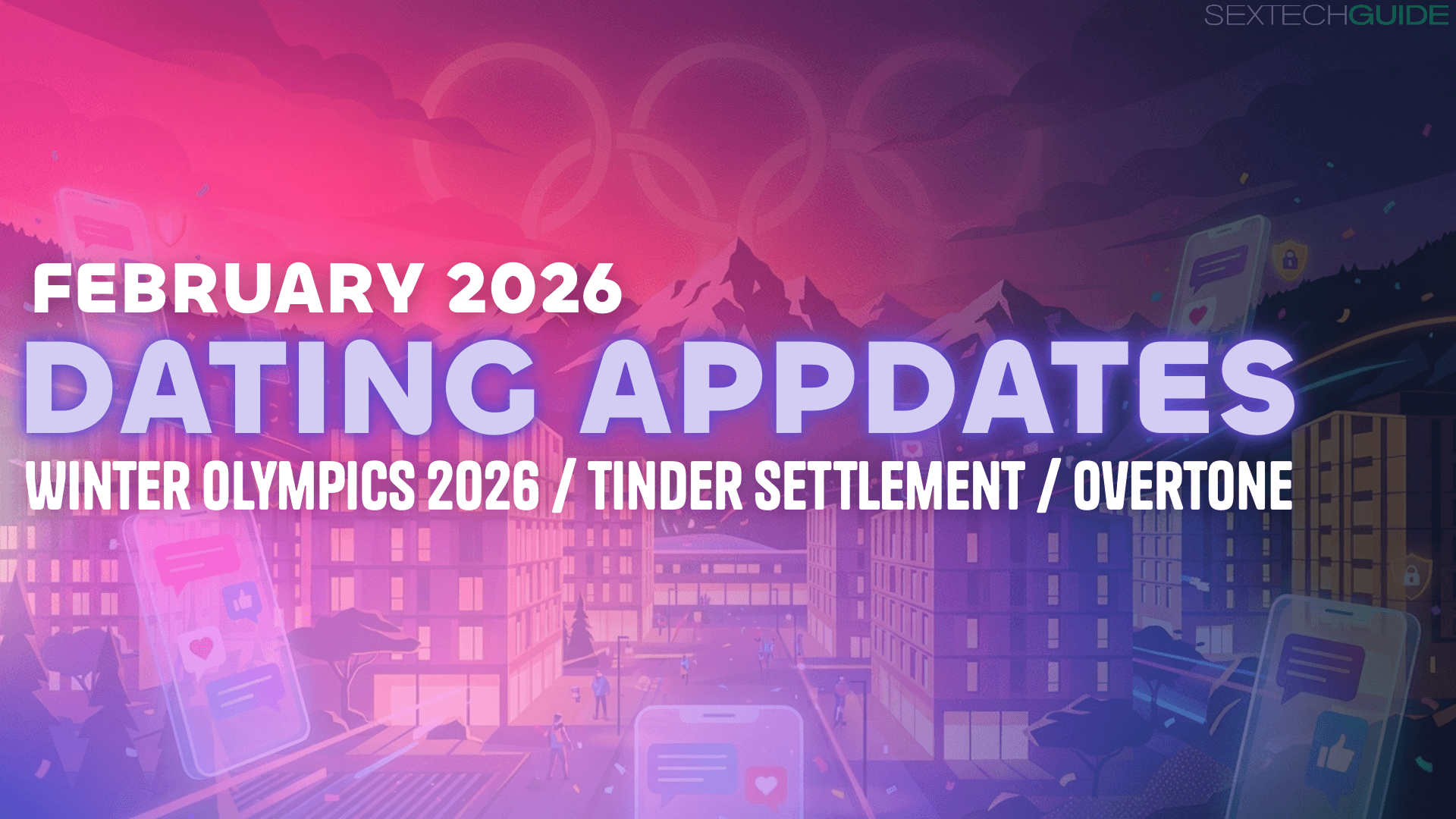
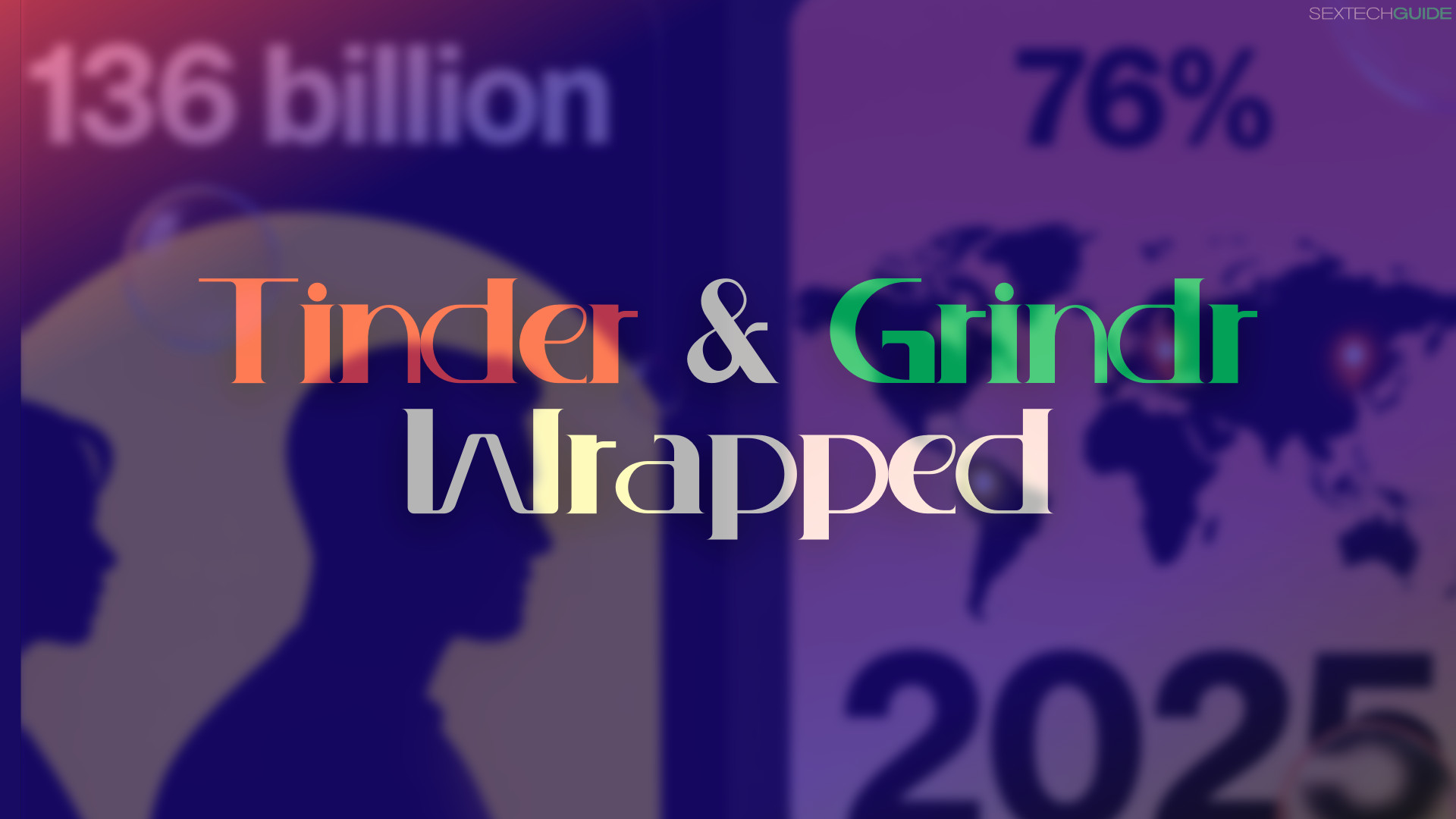
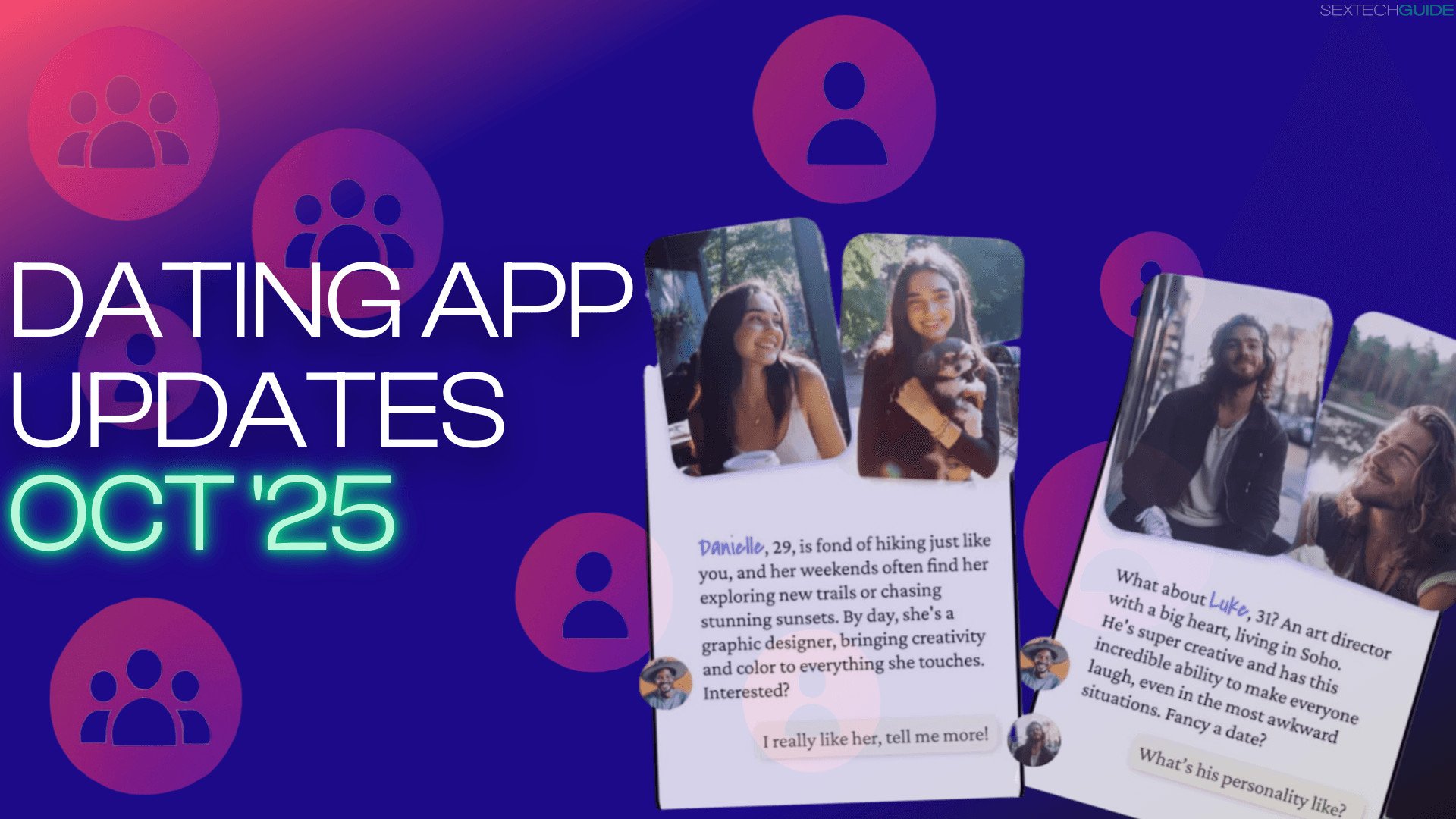


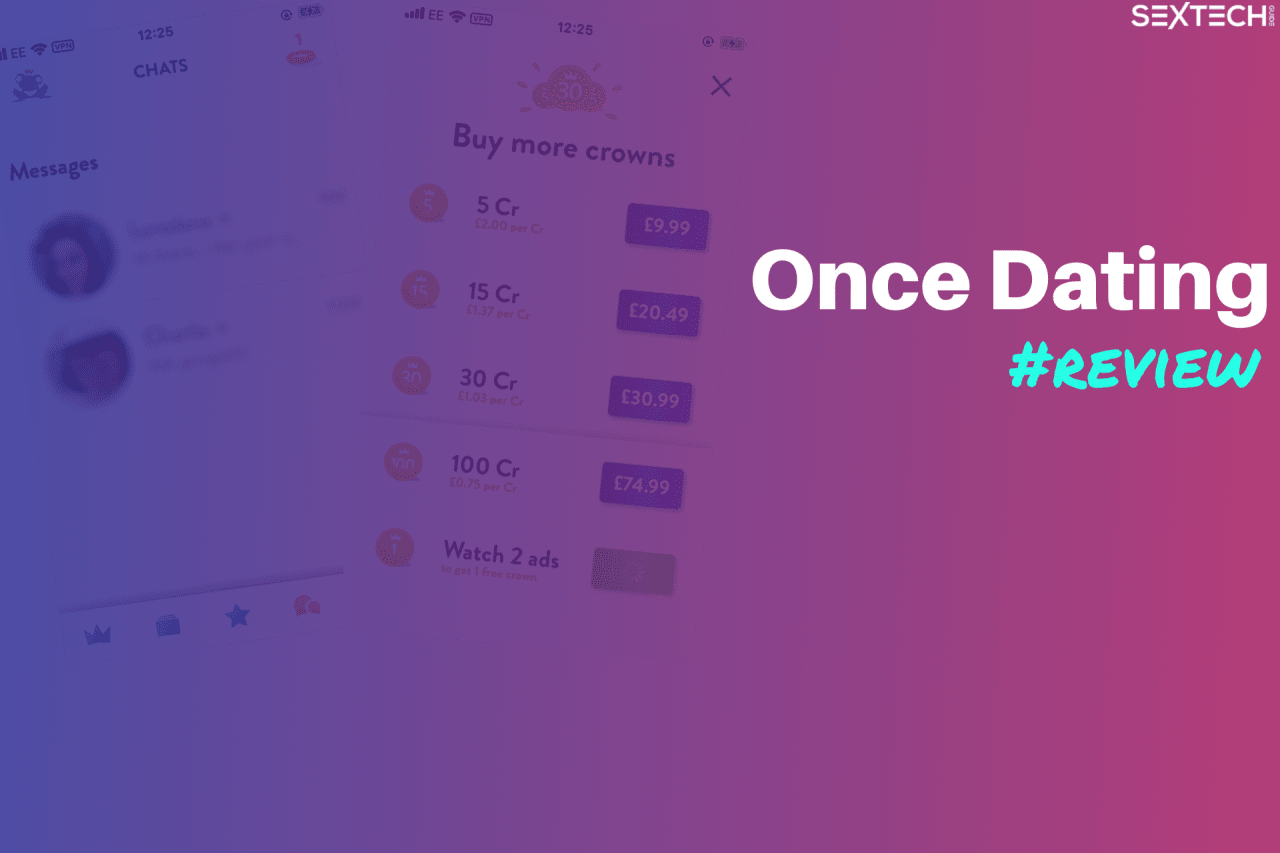






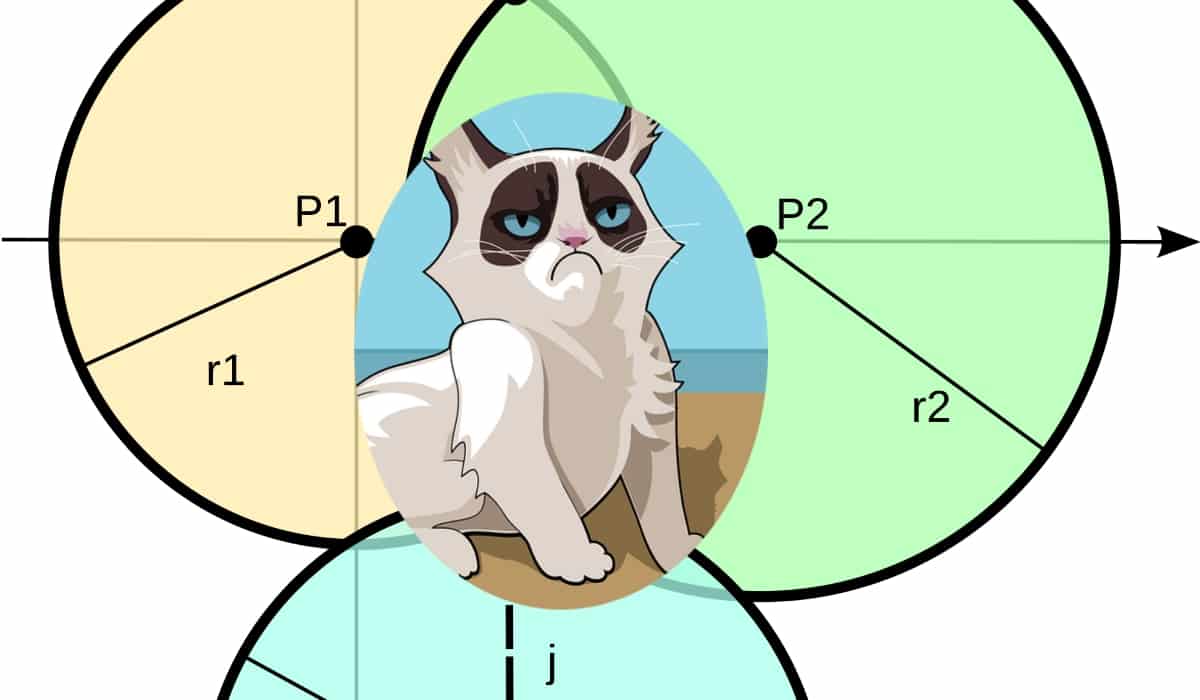




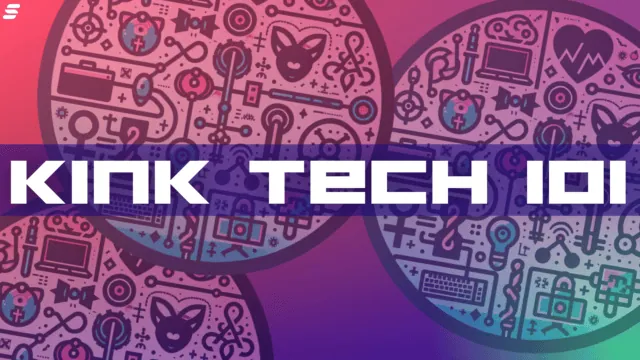
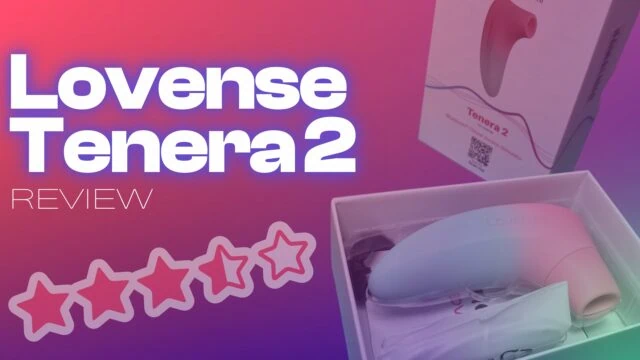
Leave a Reply